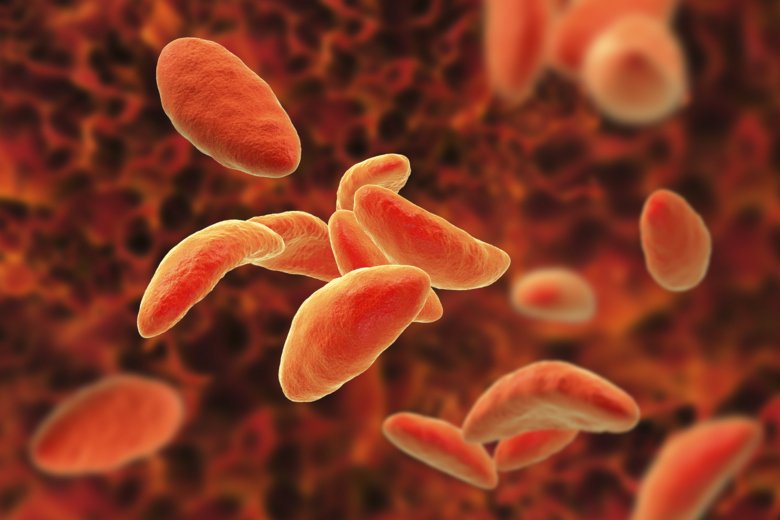 Photo: Gettyimages.
Photo: Gettyimages.Risk Factors and Mental Disorders – Team Gardner
The aetiology of psychiatric disorders remains elusive, however, accumulating evidence suggests causal pathways comprising interaction between genetic vulnerability and key early life environmental exposures. The research aims to advance current knowledge about early key life risk factors for psychiatric disorders by combining an epidemiological populationbased approach with analyses of biological samples.
Research projects
 Photo: Gettyimages.
Photo: Gettyimages. Photo: Gettyimages.
Photo: Gettyimages.Maternal nutrition and risk for neurodevelopmental disorders
 Photo: Gettyimages
Photo: GettyimagesEarly life hormonal environment and neurodevelopmental disorders
 Photo: Getty Images
Photo: Getty ImagesMental Health in the Perinatal Period
Psychiatry Sweden – the register linkage
 Photo: Nick Youngson
Photo: Nick YoungsonPsychiatry Sweden – the register linkage at the EPiCSS group
Psychiatry Sweden (PS) contain data of the total population of Sweden. It is a register created by linkage of several national and local registers in Sweden, via the unique personal identification number and consists of approximately 15 million individuals. Our ethical approval covers occurrence, causes and consequences of mental illness, and PS can only be used for that purpose, within this research group. PI Christina Dalman.
